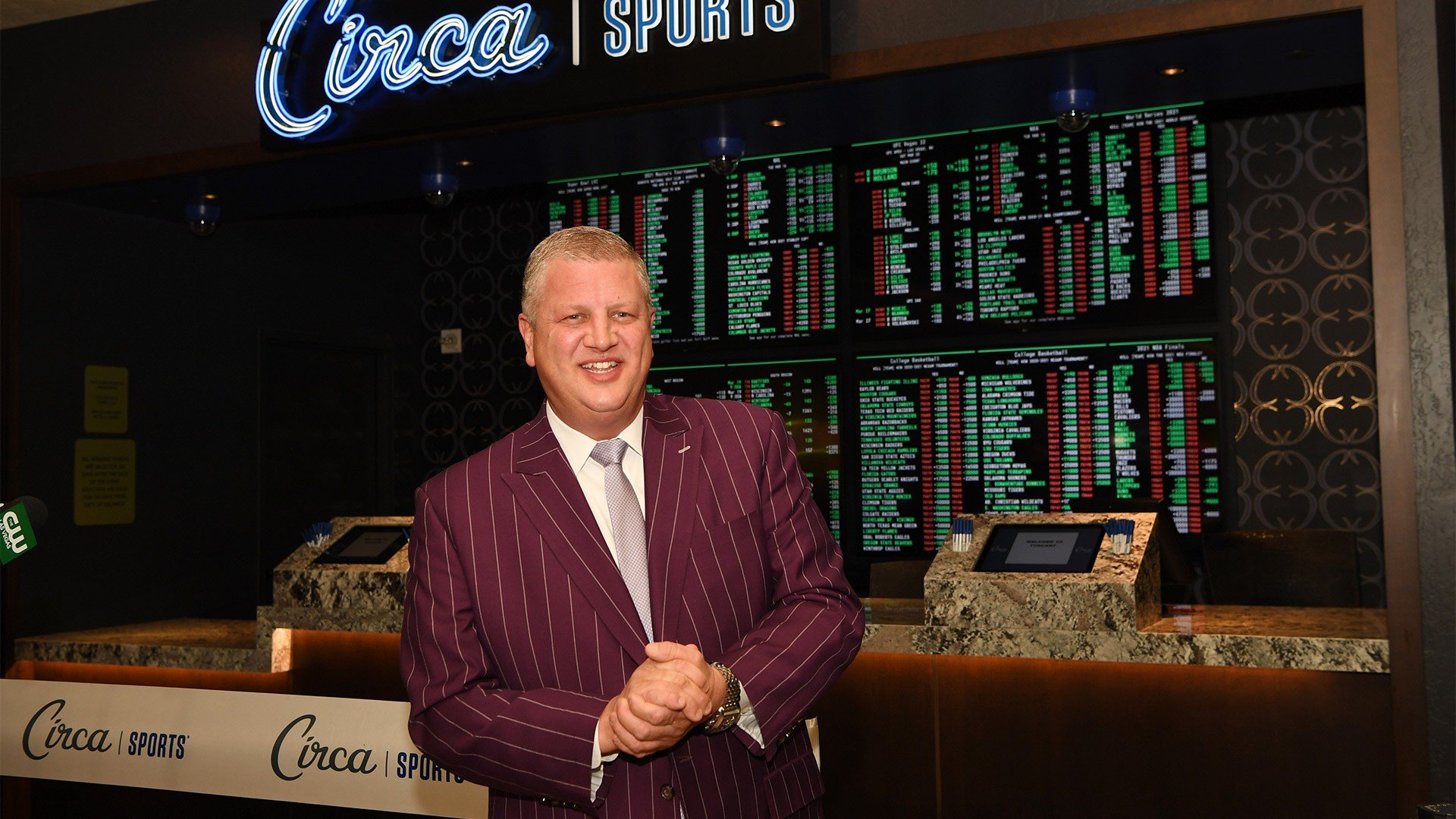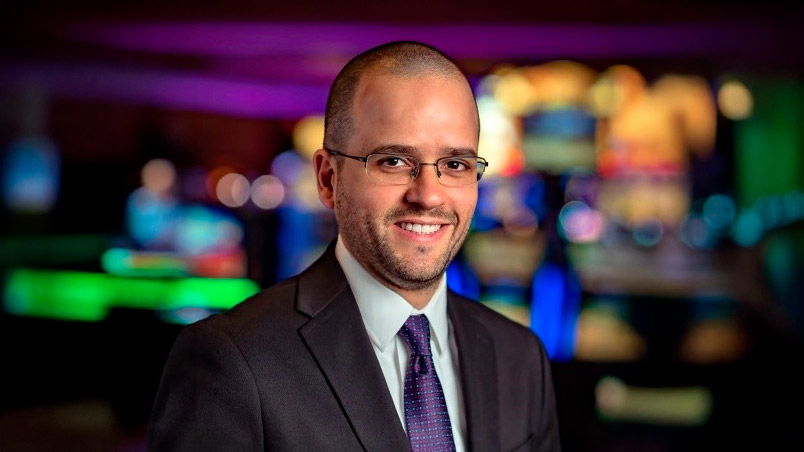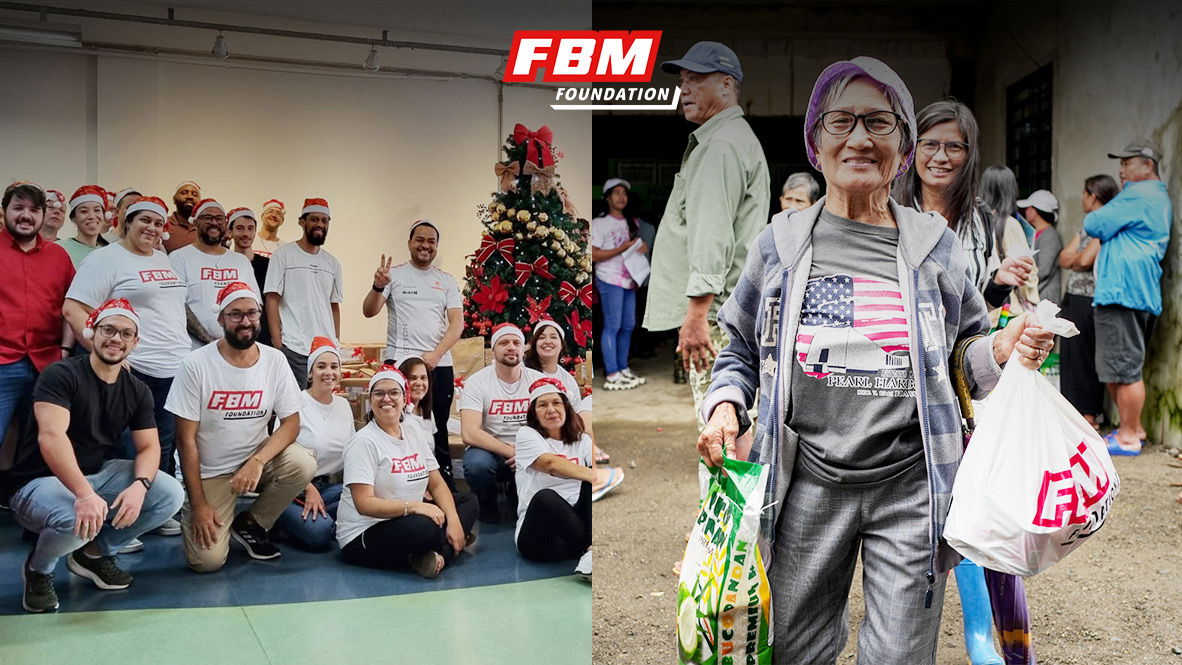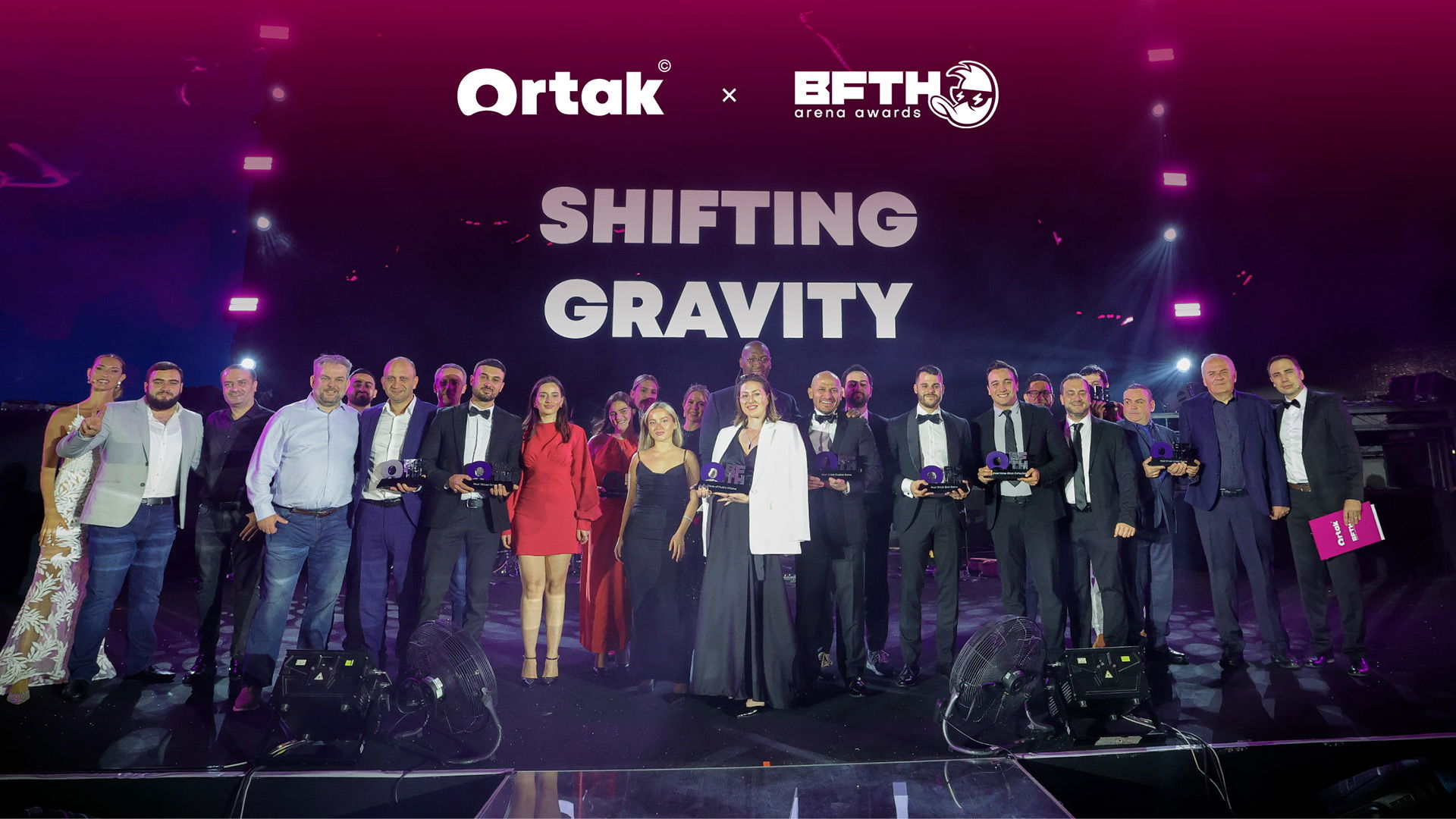Florida: DraftKings, FanDuel-backed sports betting initiative out of the race; Sands' group defends gambling petition

A proposed constitutional amendment seeking to authorize sports betting at professional sports venues, pari-mutuel facilities and statewide via online platforms in Florida has missed the mark to make it on the 2022 ballot.
The petition drive, backed by sports gaming giants FanDuel and DraftKings, lacks the required signatures to bring forward the issue for Florida voters to decide. Political committee sponsoring the measure Florida Education Champions acknowledged on Friday it missed the targeted signatures mark, reports Tampa Bay Times.
The committee has until February 1 to submit nearly 900,000 valid signatures in order to place its sports gambling proposal on the November ballot. However, as of Friday, the committee had only submitted 472,927 valid signatures, about half of those required.
“While pursuing our mission to add sports betting to the ballot we ran into some serious challenges, but most of all the COVID surge decimated our operations and ability to collect in-person signatures,” committee spokeswoman Christina Johnson said in a prepared statement Friday, according to the News Service of Florida.
The proposal called for sports betting tax revenues to be steered toward the Educational Enhancement Trust Fund to support public schools. DraftKings contributed about $22.7 million to the initiative, while FanDuel invested nearly $14.5 million.
The initiative sought to bring sports betting to Florida after a federal court decision struck down the gaming compact the state had with the Seminole Tribe. A federal district court judge in the District of Columbia ruled in November that the deal, which gave the tribal nation a monopoly on sports betting, violated federal Indian gaming law.
Florida law indicates petition signatures are only valid for one election cycle. Should the committee and its backers launch another effort for the 2024 ballot, they would have to start from scratch.
“We will be considering all options in the months ahead to ensure that Floridians have the opportunity to bring safe and legal sports betting to the state, along with hundreds of millions of dollars annually to support public education,” Johnson’s statement said.
The DraftKings and FanDuel-backed petition drive was not the only major proposed constitutional amendment seeking to expand gaming in the state. A second measure proposed for the November ballot, backed by Las Vegas Sands, aims to allow existing pari-mutuel operators to offer Vegas-style gaming.
Sands-backed committee Florida Voters in Charge seeks to allow existing card rooms to become casinos if they are located 130 miles from tribal facilities. The amendment would open the door to casinos in North Florida, along the Interstate 10 corridor, and is geared toward a facility in the Jacksonville area.
However, Florida Voters in Charge, the political action committee behind the push, has come under fire as of late as supervisors of elections from the state have started reporting suspected fraudulent petitions. In the case of Polk County, elections supervisor Lori Edwards reported 63% of petitions were rejected, according to The Ledger.
Now, FVIC legal counsel Jim McKee has responded to the allegations of wrongdoing. In an emailed statement, McKee described them as “careless” and said “in many instances” are being made by people and groups motivated to prevent the proposal from appearing on the ballot, reports Northwest Florida Daily News.
Alleged irregularities in the petition drive first caught the attention of Secretary of State Laurel Lee last year. In a December 3 letter, her office referred claims of fraudulent petitions by six county elections supervisors -the Duval, Gulf, Pinellas, Marion, Brevard and Bradford counties- to Attorney General Ashley Moody.
Lee’s letter from last month mentioned “hundreds” of suspected fraudulent petitions, submitted by more than a dozen gatherers across the state from Oct. 14 to Dec. 1. The letter noted a provision of state law that would allow the attorney general to stop the suspect fraud without having to wait for law enforcement to build a criminal case, which Moody ultimately did not take.
Amid the reported violations are signatures obtained from “deceased voters,” mismatched signatures, and one person circulating signatures presenting petitions signed on another circulator’s form.
“FVIC is required by Florida law to turn in to supervisors of election all petitions gathered, even those known or suspected to be inaccurate," McKee defended the committee, according to the cited news source. The legal counsel further said FVIC does not benefit in any way from turning in petitions that cannot be validated.
The group must turn in 891,589 validated signatures by Feb. 1. As of Monday, 753,308 have been accepted. "We support, and even encourage, any allegations of circulators turning in fraudulent petitions being fully investigated and prosecuted," added McKee.


















































